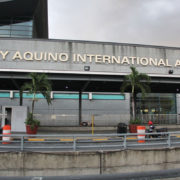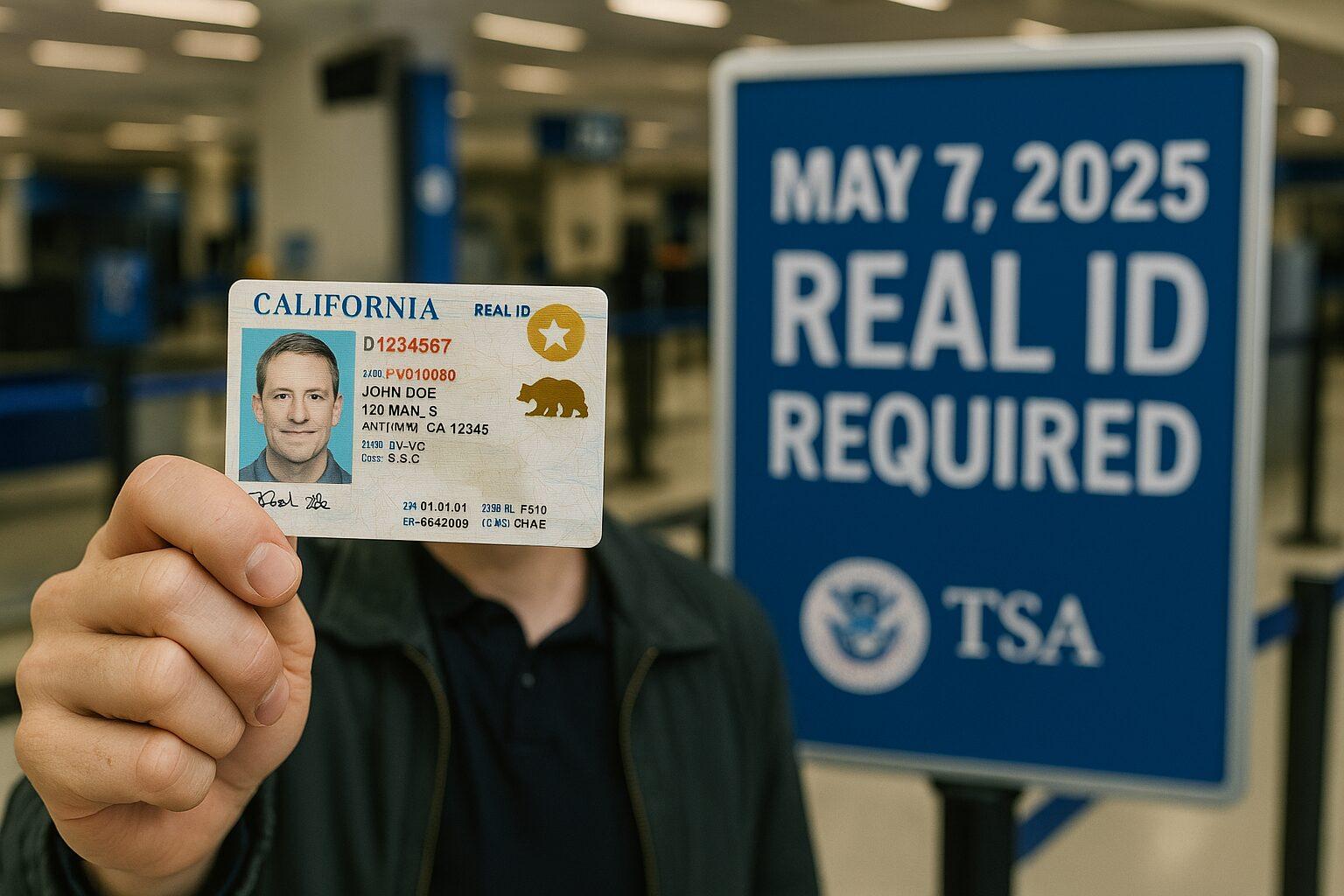THE Philippines has banned the entry of foreign travelers from the United Arab Emirates (UAE) and Hungary to prevent the spread of the new, more contagious COVID-19 variant.
The two countries joined the list of 32 countries with travel restrictions including the United Kingdom, United States, Canada, China, France, Germany, Japan, Singapore, and South Korea, among others.
Malacañang on Friday, January 15, also extended the temporary travel ban to last until January 31.
“Foreign passengers coming from or who have been to the UAE and Hungary within 14 days immediately preceding arrival in the Philippines shall be prohibited from entering the country effective Jan. 17, 2021, 12:01 a.m., Manila time until Jan. 31, 2021,” said Presidential Spokesperson Harry Roque.
Foreign travelers arriving before Jan. 17 are permitted to enter the country, they undergo a 14-day quarantine regardless of a negative RT-PCR test result.
Filipino nationals are likewise subjected to the same safety measures.
“Filipino and foreign passengers merely transiting through these two countries shall be covered by the rules, as provided in the Memorandum from the Executive Secretary dated Dec. 31, 2020,” added Roque.
Transiting foreign passengers who left the airport or were cleared for entry into the country covered by Manila’s travel restrictions are likewise prohibited from entering the Philippines.
Meanwhile, transiting Filipino citizens who left the airport or were cleared for entry into the country covered by the travel restrictions are allowed to enter the Philippines provided they undergo an absolute facility-based 14-day quarantine period, even if they obtain a negative RT-PCR test result.
The updated travel ban list comes after the announcement of the Philippine Department of Health (DOH) and the Philippine Genome Center (PGC) that the new COVID-19 variant has reached the country.
On Wednesday, the DOH and PGC confirmed the detection of the B.1.1.7. SARS-CoV-2 variant (UK variant) in the Philippines after samples from a Filipino who arrived from the United Arab Emirates (UAE) on Jan. 7 “yielded positive genome sequencing results.”
The patient is a 29-year-old male resident of Quezon City who left for Dubai on Dec. 27, 2020 for business purposes and returned to the Philippines last Jan. 7 via Emirates Flight No. EK 332.
Intensified contact tracing efforts
For its part, the country’s Inter-Agency Task Force for the Management of Emerging Infectious Diseases (IATF-EID) has expanded the contact tracing efforts by including the third-generation contacts of people with the new variant.
“All identified close contacts are required to undergo a strict facility-based 14-day quarantine while remaining contacts from the flight manifest shall be advised of the appropriate quarantine protocols,” said Roque.
The IATF also directed the Philippine Department of the Interior and Local Government (DILG) to issue advisories to local government units (LGUs) to prepare and strengthen the maintenance of their quarantine facilities.
The DILG was also ordered to ensure the LGUs’ proper enforcement of StaySafe.ph, a contact tracing application launched by the national government.
“Those who are found to be positive, apart from the prescribed testing and quarantine protocols, shall undergo whole genome sequencing to be conducted by the DOH, University of the Philippines Philippine Genome Center (UP-PGC), and the UP National Institutes of Health (UP-NIH),” Roque said.






